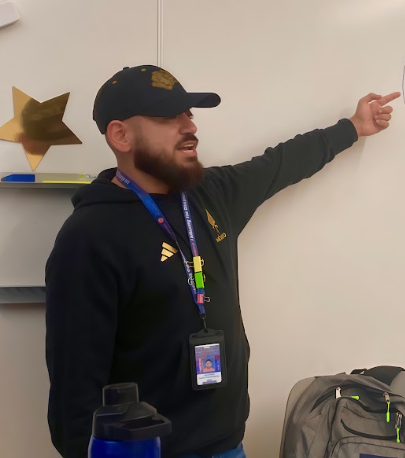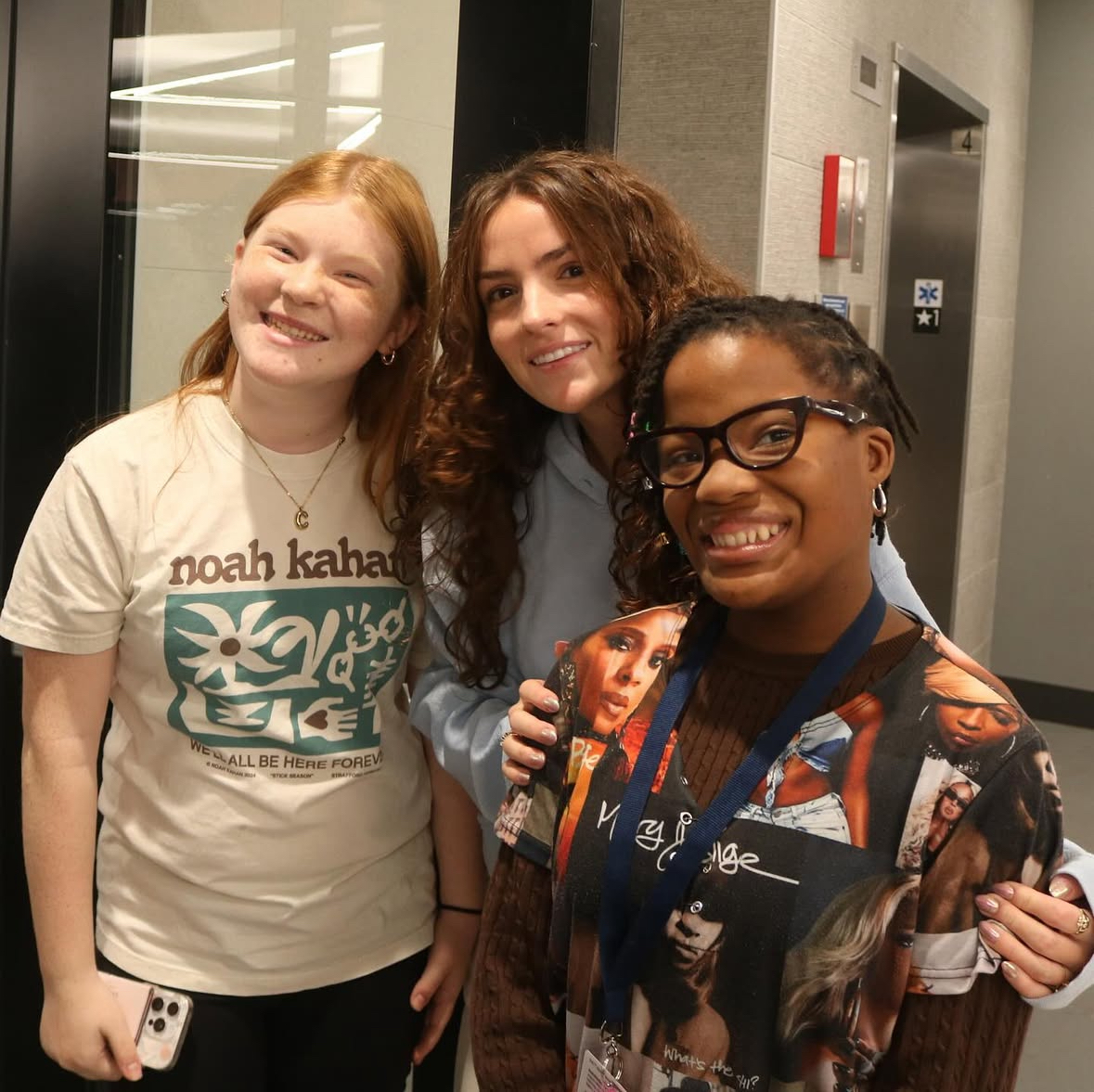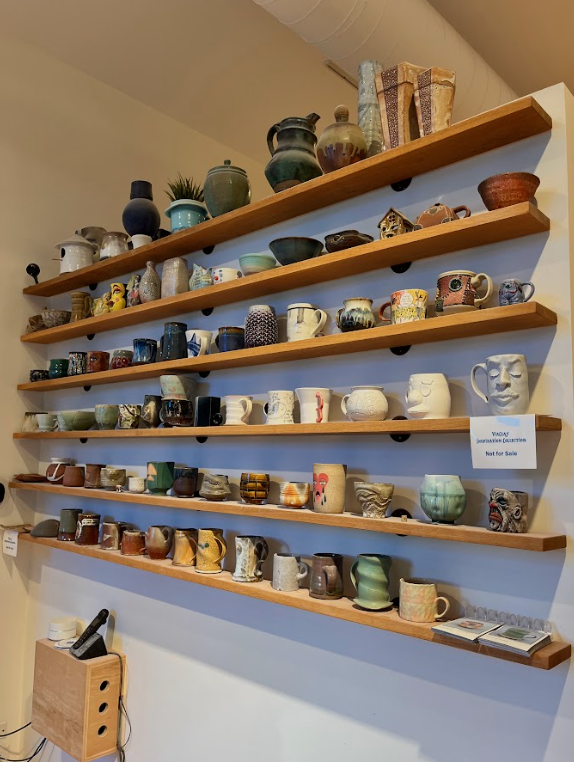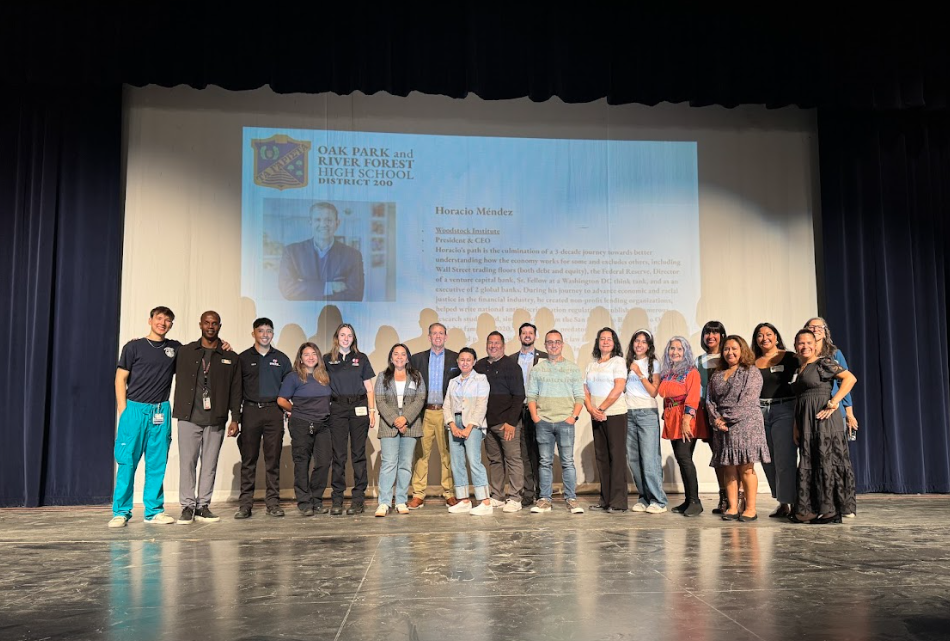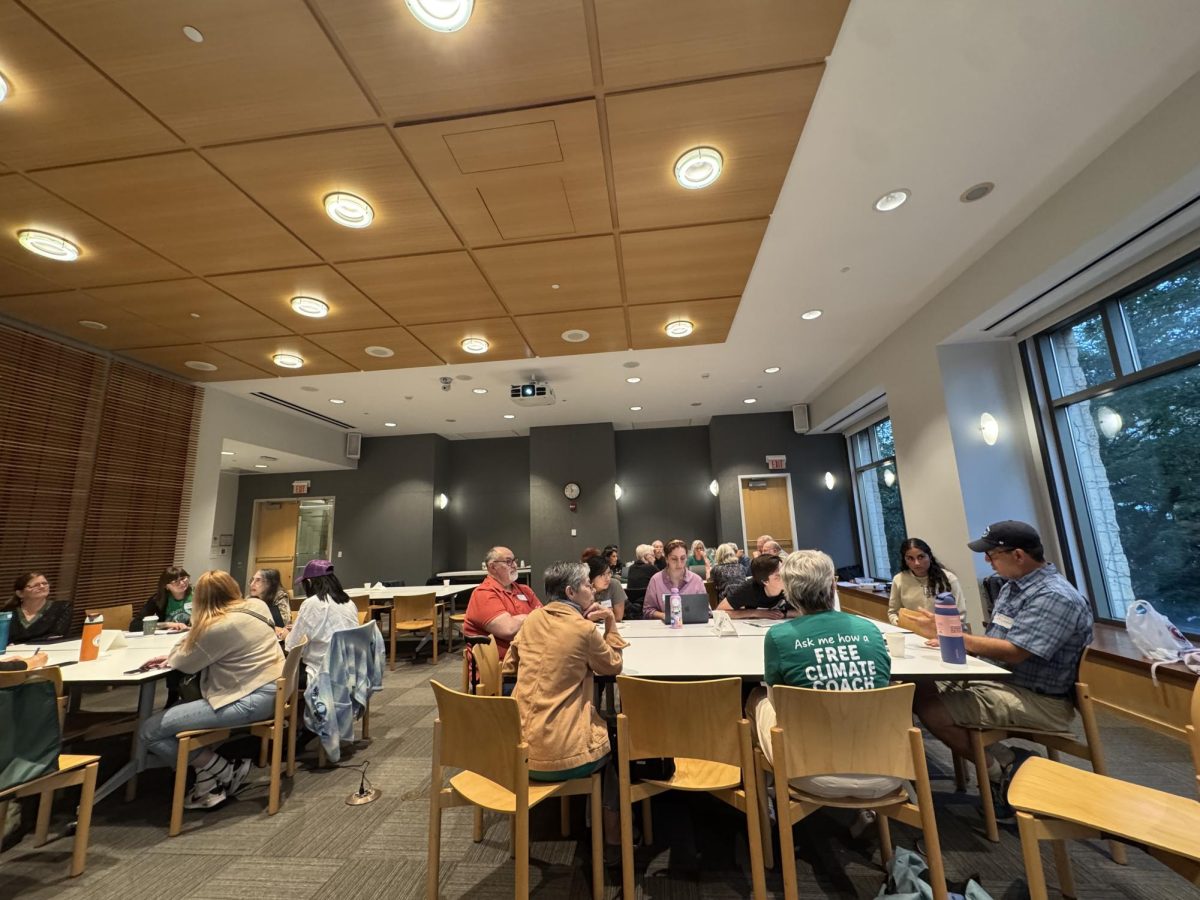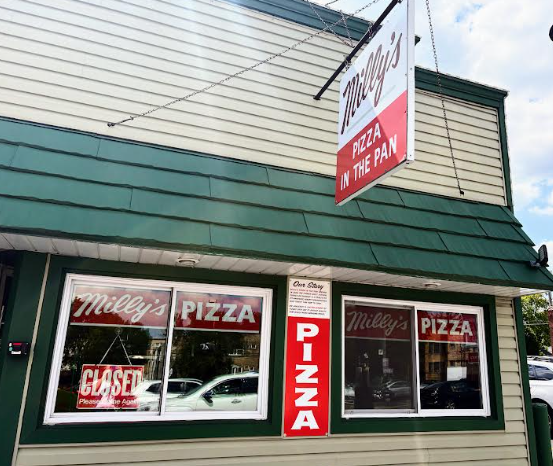The pilot of the AP African American Studies course is off to a strong start this year at Oak Park and River Forest High School, according to Tyrone Williams Jr., a history teacher who recently received national recognition (see story, page 1).
“I am thrilled that we get this opportunity because I’m not sure if a lot of people in this community know that we’ve always had an intimate relationship with the AP College Board; that we were one of the first AP pilot schools in the 1950s,” said Williams. “So what a nice homecoming, so to speak.”
The pilot began last school year at 60 schools around the country, including OPRF. This year, “hundreds” more schools will offer the pilot course, according to the College Board’s website. This spring, the AP African American Studies exam will be offered for the first time to pilot students.
The College Board created the framework of the course to include four units: Origins of the African Diaspora; Freedom, Enslavement and Resistance; The Practice of Freedom; and Movements of Debates.
Students begin by examining the political, social, and economic dynamics of Africa and African states before Europeans captured African people, enslaved them and brought them back to the United States, which led to the events that historians know of and continue to learn about today.
AP teachers can enhance the curriculum with resources of their own choosing. “I’m allowed to put my own twist on things, bringing my own sources,” Williams said, adding that he plans to make changes along the way, based on students’ needs. “This is a moment for learning and adjustments, and so I’m looking forward to everything.”
Amy Hill, who has been head of the History Division for six years, said OPRF was eager to be one of the few schools to pilot this course.
“For lots of students to have the opportunity to learn at a high level, at a college level and know the topic of black history in our country,” she said, “I think it’s an important equity issue and I think it’s an opportunity for us to broaden experiences for our students so that more and more students can see themselves reflected in rigorous curriculum.”
Currently there are two sections with about 30 students in each class. Zoie Segbawu, a junior at OPRF, explained, “Dr. Williams [is] passionate about the subject and he’s such a good teacher,…he’s engaged in the discussions and is just very thought provoking with everything.” Segbawu has been enjoying the course so far and reflected, “I just find that there’s never really a topic in class that makes me bored.”

